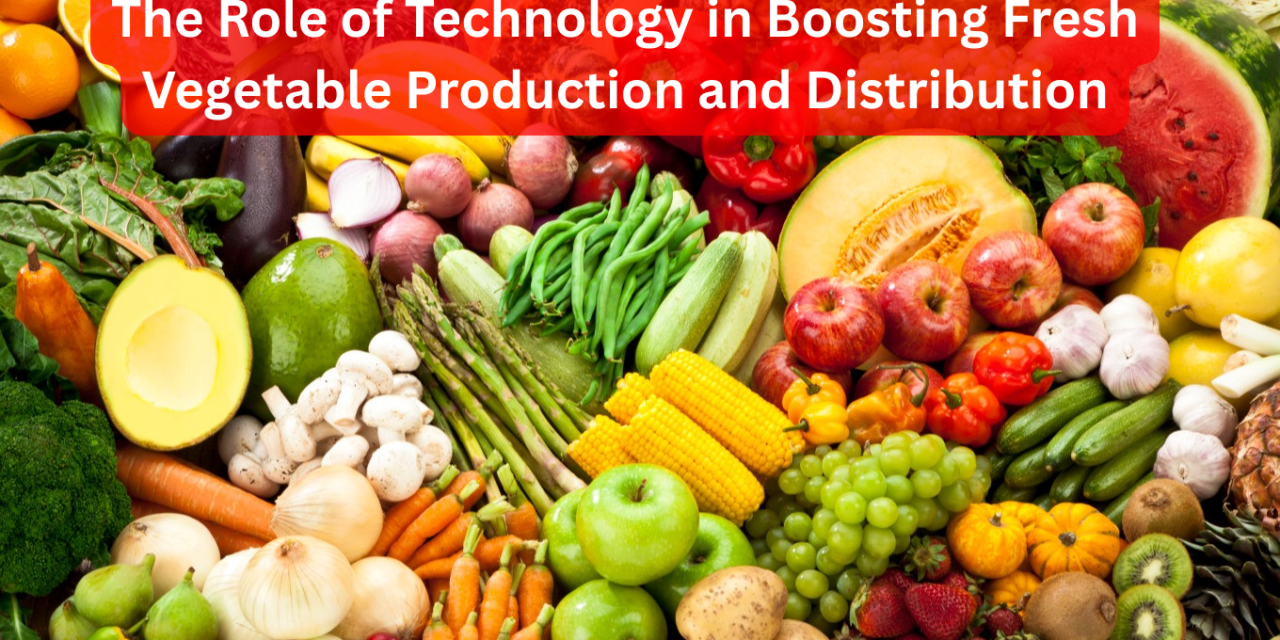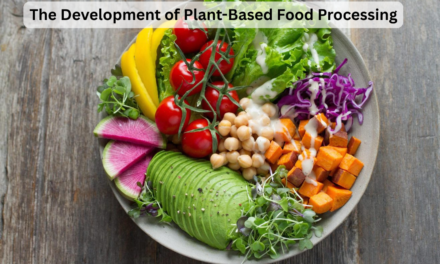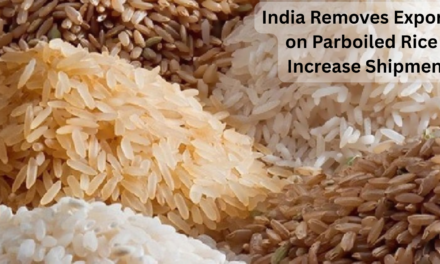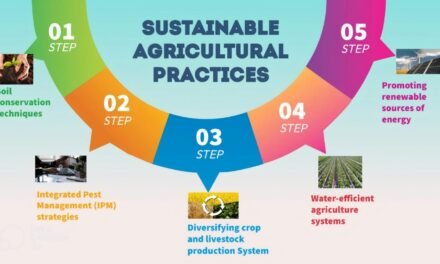The role of technology in boosting fresh vegetable production and distribution has become increasingly vital as the demand for nutritious, high-quality food grows. Technology offers a wide array of solutions that address challenges such as climate change, resource limitations, and the need for higher crop yields. Precision agriculture, for instance, has revolutionized the way farmers manage their crops by leveraging data analytics, drones, and sensors to monitor soil conditions, water usage, and pest infestations in real-time. This technology enables farmers to make more informed decisions, leading to increased yields and reduced waste.
Genetically modified (GM) crops are another technological advancement that has significantly impacted vegetable production. Through genetic engineering, scientists have developed vegetable varieties that are more resistant to pests, diseases, and extreme weather conditions. These innovations not only help farmers sustain their crop production but also contribute to higher nutritional value and longer shelf life for the produce.
In addition to production technologies, automated harvesting systems are improving the efficiency of vegetable collection. With advancements in robotics and artificial intelligence, machines can now harvest crops with precision, reducing labor costs and minimizing crop damage during harvesting. This also ensures that vegetables are picked at the optimal time for freshness, improving the quality of produce available for consumers.
The distribution of fresh vegetables has also been transformed by technology. Blockchain technology is being used to improve transparency in the supply chain, allowing consumers and businesses to trace the journey of their food from farm to table. This not only increases trust but also helps reduce food fraud and ensures the sustainability of food sourcing practices. Additionally, the rise of smart logistics and cold chain technologies ensures that vegetables are transported and stored under optimal conditions, reducing spoilage and extending shelf life.
Finally, the growing use of e-commerce platforms is changing how consumers access fresh vegetables. Online grocery stores and farm-to-table delivery services make it easier for people to purchase directly from producers, eliminating the need for intermediaries and improving the overall efficiency of the distribution process.
Through these technological innovations, the fresh vegetable industry is becoming more efficient, sustainable, and resilient. As technology continues to evolve, it will play an increasingly important role in meeting the growing global demand for healthy, fresh produce.









